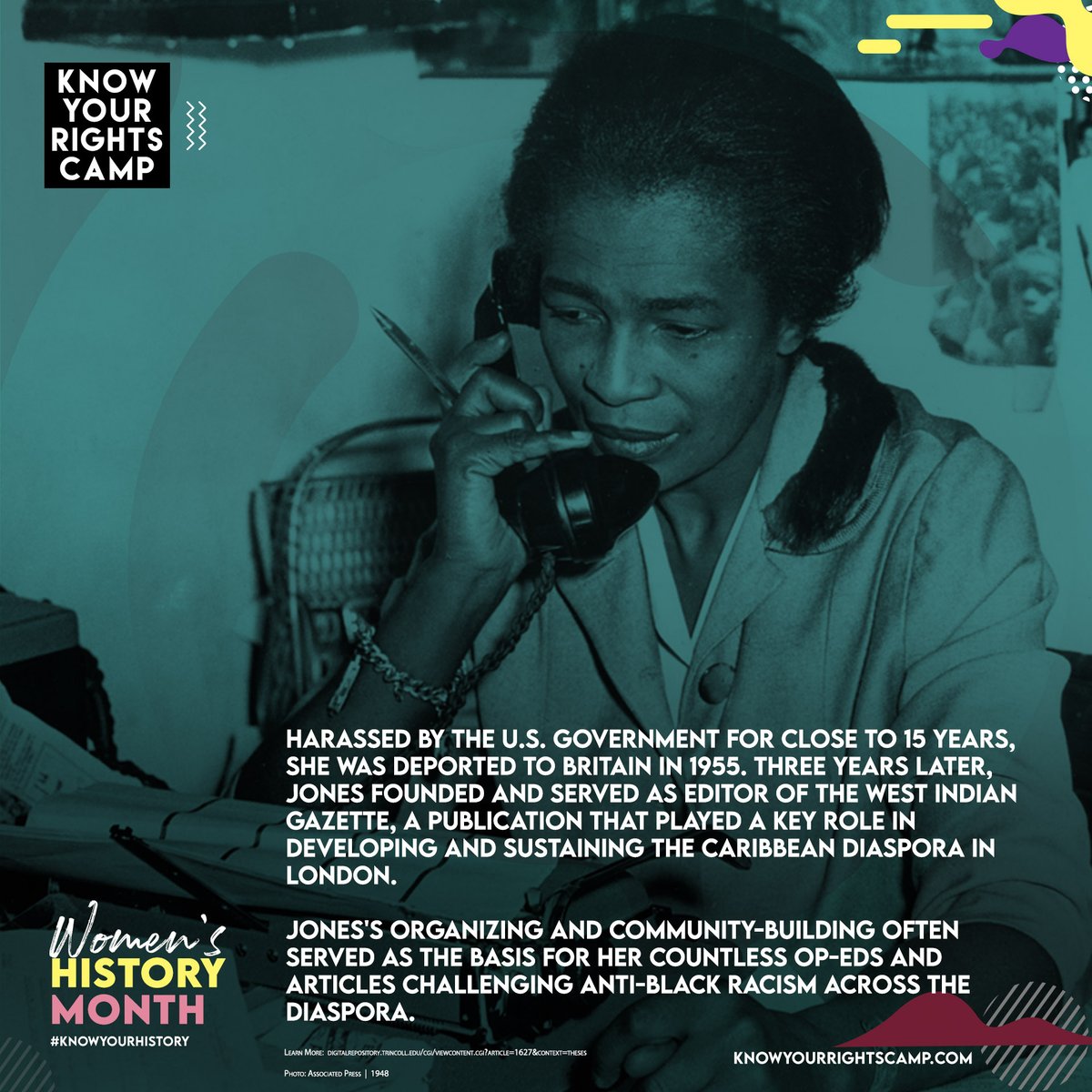
Recently, the Congressional Caucus on Black Women and Girls held a forum to call attention to missing Black women and girls called "Not My Girls."
“In 2020, nearly 100,000 Black women and girls were reported missing,”...
1/6
“In 2020, nearly 100,000 Black women and girls were reported missing,”...
1/6

U.S. Rep. Robin Kelly, told forum attendees, citing data from the National Crime Information Center. “That means that Black women made up a little more than one-third of all missing women reported last year, which is far higher than the population we account for nationally.
2/6
2/6
However, we do not hear about these girls’ and women’s cases.”
While the numbers are shocking and problematic, presenters at the forum argued that they likely don’t paint the whole picture because Black women’s cases often go underreported.
3/6
While the numbers are shocking and problematic, presenters at the forum argued that they likely don’t paint the whole picture because Black women’s cases often go underreported.
3/6
According to research cited during the forum, "forty percent of all human trafficking victims were identified as Black women."
Rep. Kelly noted that Black women and girls have long faced misperceptions and bias of hypersexuality and that instances of sexual assault and...
4/6
Rep. Kelly noted that Black women and girls have long faced misperceptions and bias of hypersexuality and that instances of sexual assault and...
4/6
...human trafficking are often downplayed as a result.
"Black and [B]rown victims are often categorized as runaways, not as missing," panelist Kisha Roberts-Tabb said in an interview. Because of how they are categorized,...
5/6
"Black and [B]rown victims are often categorized as runaways, not as missing," panelist Kisha Roberts-Tabb said in an interview. Because of how they are categorized,...
5/6
Black women and girls aren’t seen through “the same lens of harm,” and comparable resources aren’t devoted to them, she said.
Learn more about this epidemic and what you can do to help, visit bit.ly/3tjLsij
#BlackWomen #chicago
6/6
Learn more about this epidemic and what you can do to help, visit bit.ly/3tjLsij
#BlackWomen #chicago
6/6
• • •
Missing some Tweet in this thread? You can try to
force a refresh











